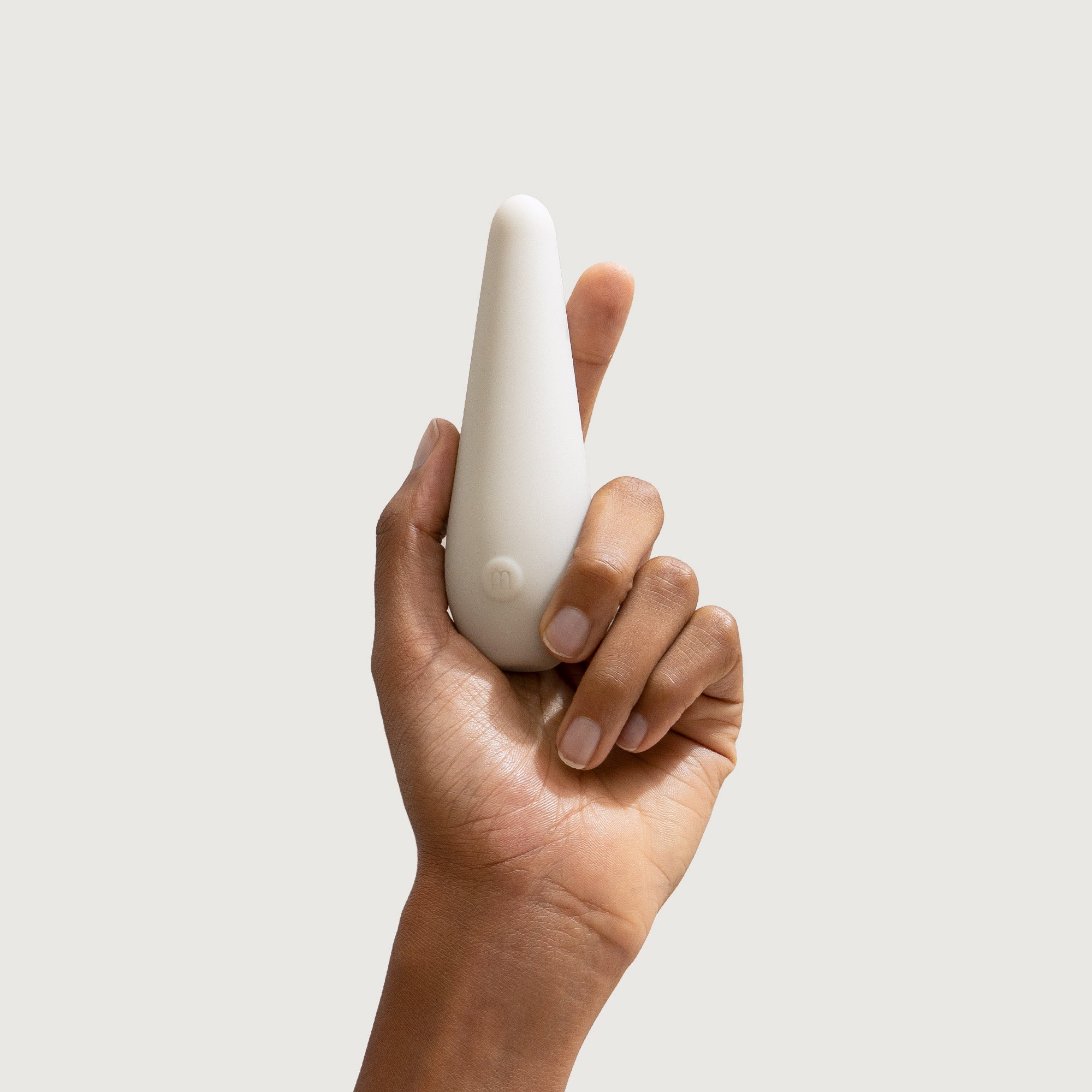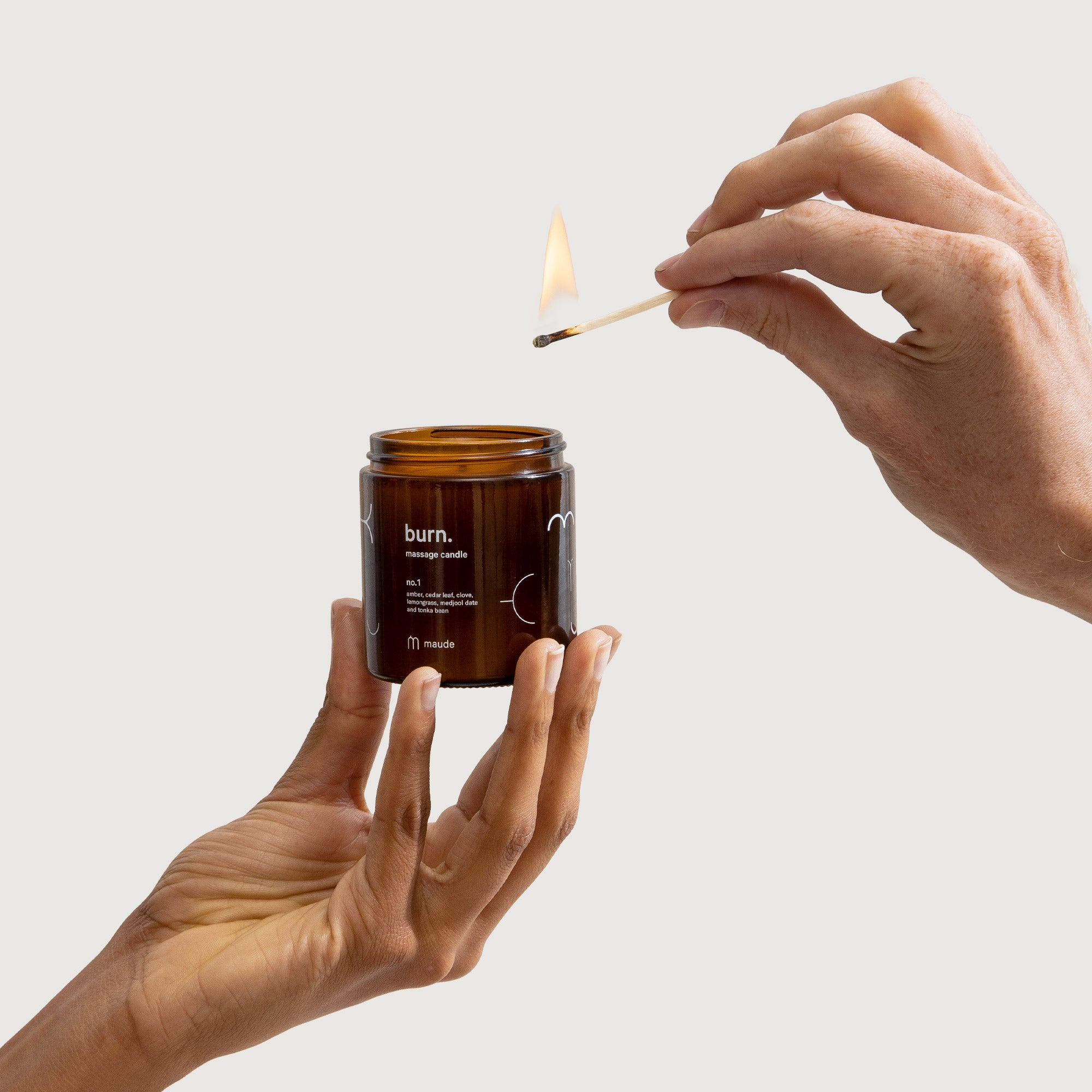Does sex actually relieve stress?

The case for a good tension release.
When everything feels out of control, your packed schedule is getting to you, and you’re looking for some kind of release, you can always take it to the bedroom. You’ve likely heard at some point or another that sex is a great stress-reliever—and that’s not just a weak attempt at a pickup line. The science, it turns out, is very real. But the way it works is bit more complex than you might think.
Let’s get physical
So, to break it down, does sex help with stress? Sex is, on a basic level, exercise. And while it might not totally substitute for your go-to jogging route or gym routine, it still gets your heart racing a little faster than it would when you’re taking the phrase “Netflix and chill” on a literal level: According to Harvard Health Men’s Watch, the level of activity during partnered sex is best described as “mild or moderate.”
Of course, there are benefits to even mild exercise. A study published in 2016 observing the health and sexual activity of older adults showed that in older women, moderate sexual activity correlates with reduced risk of cardiovascular issues (for older men, however, having sex more than once a week can result in an increased risk of these problems). There is evidence of pure health benefits for men, though: One extensive 1997 study showed that the mortality rate for men with a high orgasm frequency (reporting three or more weekly) was 50% lower than it was who reported low or no frequency.
The way this research comes back to stress is fairly simple: There’s lots of scientific evidence that shows how aerobic exercise specifically reduces feelings of stress, both in the short-term afterwards and for hours after.
Good vibes flow
But sex isn’t just about pure physicality—there’s also a lot that happens on the psychological level. Specifically, when you orgasm, your body releases oxytocin, aka “the love hormone” which is also triggered during social bonding and after childbirth to play a role in relationship formation. Oxytocin also happens to have the ability to reduce blood pressure and cortisol levels, effectively reducing stress.
This is a good reason why masturbation, and not just partnered sex, has great mental benefits. In fact, a 2019 study showed that among 425 German women surveyed about, about half of them masturbate mainly for stress relief—not to fill in for a partner or to satisfy explicit sexual desire.
A deeper connection
Sex with a partner can still have some extra benefits, though: Namely, that it can help create and support and emotional bond that can extend outside of the bedroom and into a person’s life. This was a factor noted in the 2016 study that showed a reduced risk of cardiovascular problems in sexually active older women. Another 2019 study also showed that acts of physical intimacy reduced cortisol recovery time in both men and women, demonstrating that emotional closeness demonstrated by way of nonverbal cues can act as a kind of buffer against stressful situations, making them—at least a little—more bearable. When the going gets tough, a bit of intimacy might be the more necessary balm there is.
A better night’s sleep…with a bonus
According to the National Sleep Foundation, orgasms release the hormone prolactin which can help you feel sleepy and relaxed. So don’t be surprised if you and your partner doze off shortly after a satisfying session–and wake up feeling refreshed. And, vice versa, getting enough shut-eye can improve your sexual response and may increase the chance that you’ll engage regularly in sex. Researchers discovered that when women slept for longer periods of time, they reported a greater sexual desire the next day. So: is sex a stress-reliever? If the quality of your sleep, mood, and connection to your partner improves, signs point to yes.






